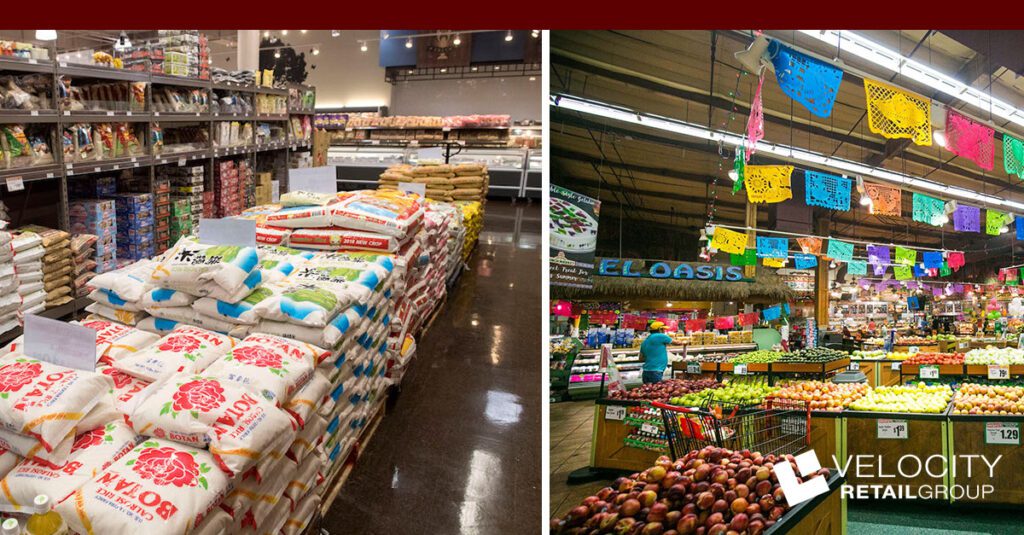Arizona’s culinary landscape reflects its diverse population, and in recent years, there has been a remarkable surge in the demand for ethnic foods, leading to the introduction of a variety ethnic grocery stores across the state. According to a comprehensive study conducted by the Arizona Commerce Authority, the number of ethnic food markets in the state has surpassed 1,000, representing a staggering 50% increase over the past five years, with projections indicating further growth in the future.
Several key factors have contributed to the exponential rise of ethnic food markets in Arizona. First and foremost, the state’s booming population of immigrants has played a pivotal role. According to the Pew Research Center, Arizona’s immigrant population grew by 63% between 2000 and 2020. This growth has led to an increased demand for groceries that cater to the specific needs of immigrants. These individuals have brought their rich culinary traditions and cultures with them, creating a demand for authentic ingredients and dishes from their home countries.
The growing popularity of ethnic foods among American (non-ethnic) consumers has significantly impacted the rise of these markets. As the nation becomes more diverse and interconnected, there has been a noticeable shift in culinary preferences, with an increasing curiosity and openness to explore new and diverse flavors from around the world. According to a study by the Pew Research Center, 38% of non-Hispanics in the United States have shopped at an ethnic grocery store in the past year. This number is up from 33% in 2014. The study also found that the most common reasons for shopping at an ethnic grocery store were to try new foods (62%), to find affordable groceries (57%), and to support local businesses (49%).
Additionally, the growth of these markets has played a significant role in boosting Arizona’s economy. As they multiply across the state, they create numerous job opportunities, generate substantial tax revenue, and attract tourists who seek to explore the vibrant and diverse food scene. The success of these markets often goes hand in hand with supporting local businesses and farmers, further contributing to the overall economic prosperity.
Equally important is the contribution of ethnic food markets to improving the quality of life for Arizonans. Access to a wider variety of foods has led to healthier and more diverse diets, benefitting public health and well-being. The presence of fresh and unique ingredients has also encouraged experimentation in home cooking, inspiring individuals to try new recipes and broaden their culinary horizons.
Looking ahead, the future of ethnic food markets in Arizona appears exceptionally promising. With the state’s diverse population continuously growing and the American palate increasingly open to culinary exploration, the demand for these markets is likely to soar. As a result, it can be expected that new ethnic food markets will continue to sprout across the state, further enriching Arizona’s ethnic culture. For more information, contact us.
